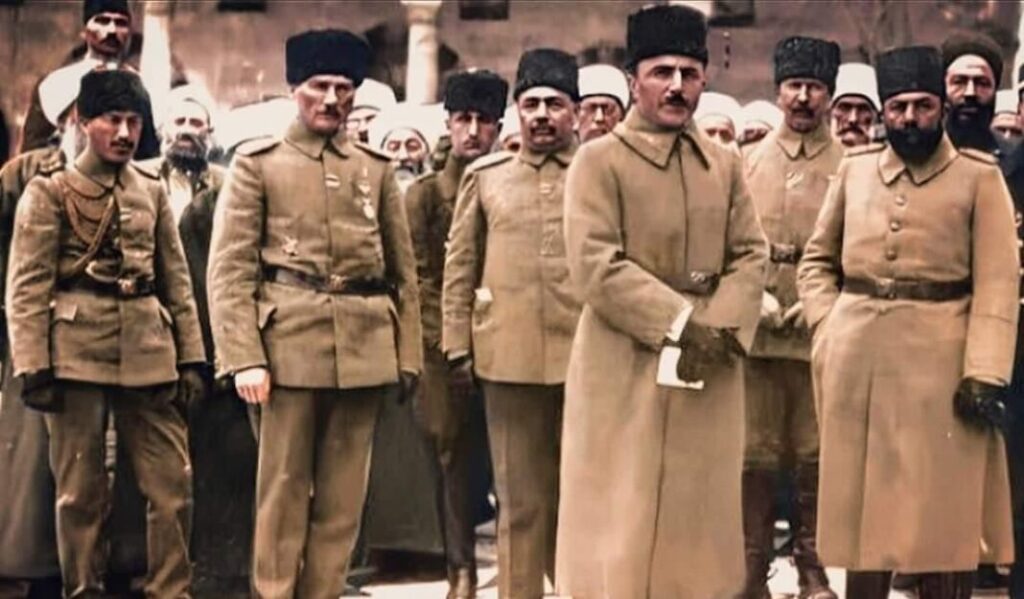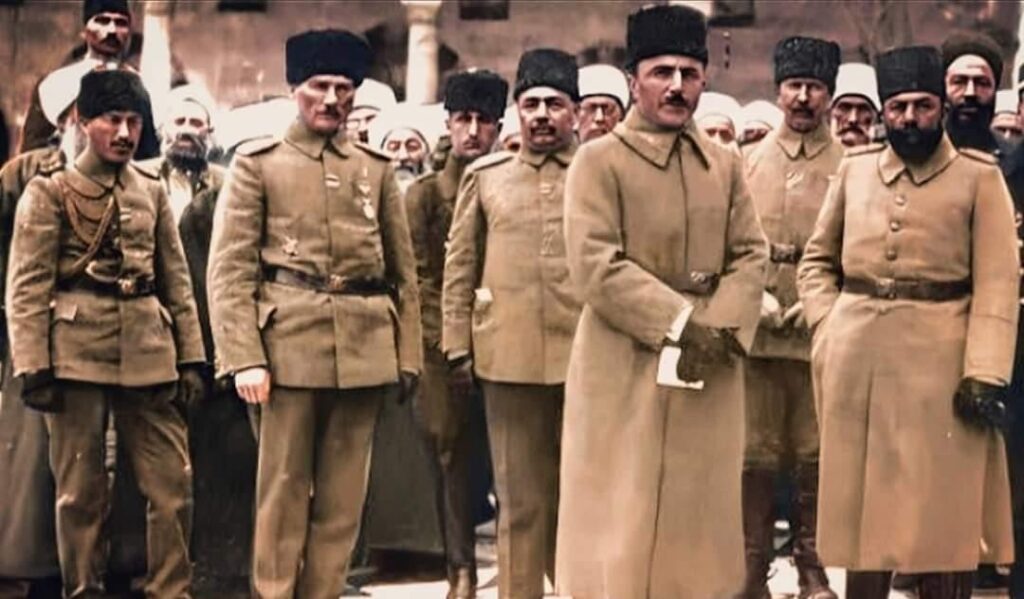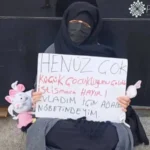Etyen Mahçupyan
The Turkish original of this article was published as Yeniden 'sıfır' noktasında on 4th October 2015.
My election forecast turned out to be wrong. I had expected 44 percent for the AKP, which turned out to be far too modest as the party repeated its 2011 success by attaining 49.4 percent. Still, compared with all those public survey companies who sink so much work and money into their research, it may perhaps be allowed that I have not done too badly! Among them, even the one that did best by the AKP predicted 47 percent, while the majority were held up at 41-43 percent. This is basically because the outcome of Turkish elections is determined by a swing vote that comprises only 30 percent of the electorate. The rest keep voting for the same party from one election to the next. Meanwhile the critical 30 percent are not evenly distributed across the whole spectrum. Instead, they are to be found mostly within the conservative masses. Hence accurate forecasts depend on being able to capture this segment through a good sampling. If the vote distribution for this group resembles the overall distribution, survey companies achieve success. But if the 30 percent’s vote distribution differs from the overall distribution, it is possible to encounter total failure, as has now happened.
On the other hand, going over the psychological outlook of the last five months, we should also note the existence of an environment conducive to prudence in making predictions about the AKP. For as part of a discourse also supported by the Western media, it become highly popular to assert that the AKP was finally going downhill, that never again would it be able to attain an absolute majority, and that all this amounted to a process of dissolution. This whole idea might have served to narrow survey establishments’ horizons. There was a strong conviction that the June elections represented a “new reality.” But meanwhile, for those who relied on more objective criteria to keep monitoring Turkey, the situation was rather different: the June elections represented not a new “normality” but a possibly temporary deviation from normality. All the basic equations of the country were and are still in place. If you want a quasi-military regency to be completely liquidated, a new constitution based on democratic values to be adopted, the Kurdish question to be solved, and deeper and more comprehensive integration with the global system, then the AKP is still your one and only capable candidate. So when the AKP began to show increasing signs of not heading in that direction, it was penalized by voters in the June election. This, however, was not in the nature of a categorical rejection, for the AKP had no real alternative, and the electorate was realistic enough to understand that. Then over the five months from June to the present, the AKP performed well enough to regain its voters’ support. A Syria-related prospect of destabilization also played its part. For while the other parties sought to benefit from such instability, it was the AKP that demonstrated responsible behavior.
So after a veritable marathon of two years and four elections, the AKP has once more been able to arrive at a new beginning, a “zero point.” If it makes good use of this opportunity, it is in all probability this party that will continue to govern Turkey for at least the next ten years. If you want to understand Turkey, you should dump absurdities like Erdoğan’s “sultanate” or “dictatorship” to look at society itself. At least a third of Turkish society, without being bound by this or that identity, is looking for its demands and preferences to be heard and reflected in politics, and the AKP is the only party capable of responding to this. Those who think that Erdoğan has had his way are wholly mistaken. What has really happened is that this third of society has had its way. They are aware that Turkey’s democratization, peace and affluence are contingent on an AKP that behaves “properly.” When the AKP departs from this path, a lot of them also part company with the AKP. That is what happened in June. Now, when the AKP has once more returned to the “right” path, a significant portion of this voter group has also returned to lend its support to this party.
So in the end, the big picture has not changed. The AKP is still this society’s only meaningful political interlocutor, and with the new credit it has now obtained, an actor without any real rivals on the stage of a new era.
Yazıyı beğendiysen, patronumuz olur musun?
Evet, çok ciddi bir teklif bu. Patronumuz yok. Sahibimiz kar amacı gütmeyen bir dernek. Bizi okuyorsan, memnunsan ve devam etmesini istiyorsan, artık boş olan patron koltuğuna geçmen lazım.
Serbestiyet; Türkiye'nin gri alanı. Siyah ve beyazlar içinde bu gri alanı korumalıyız. Herkese bir gün gri alanlar lazım olur.



















